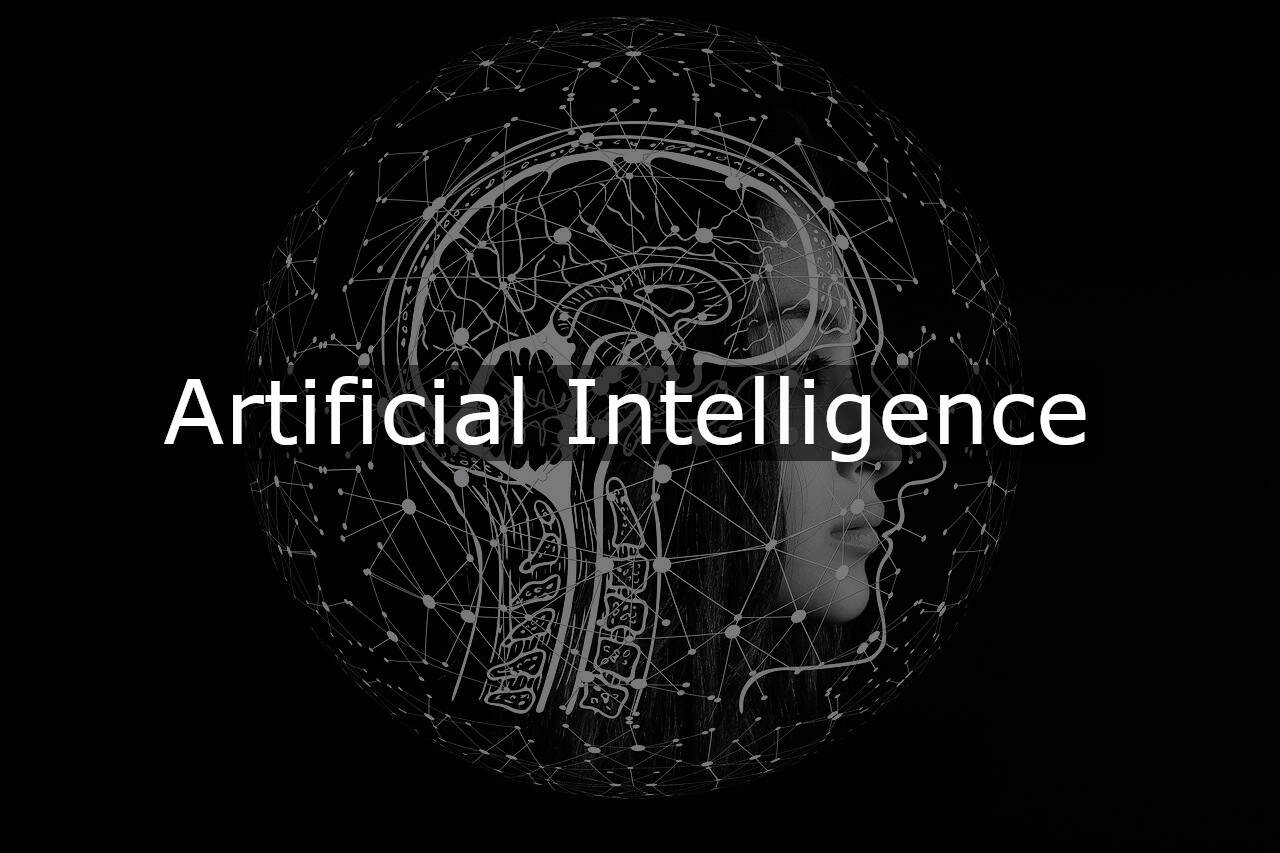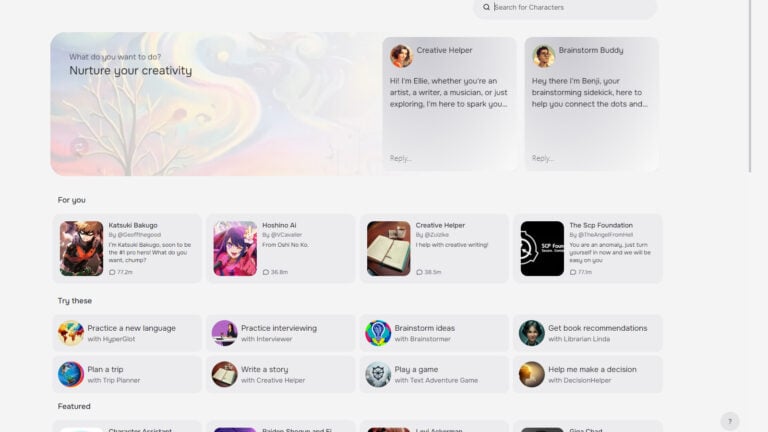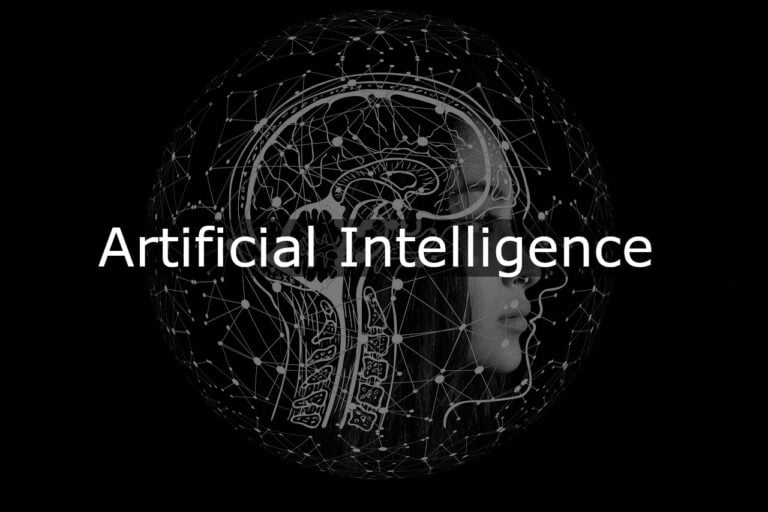Artificial Intelligence (AI) has made incredible strides in recent years. From customized chatbots to generative video content, these technological advances are transforming many industries. AI’s potential to drive significant change in our daily lives is more apparent than ever.
In 2024, the landscape of AI technology continues to see pivotal developments. This includes enhanced machine learning models that outperform previous benchmarks and new tools that generate content with unprecedented accuracy. Researchers and businesses alike are eager to integrate these innovations into practical applications.
As AI technology evolves, the focus remains on achieving practical integration across various fields. Whether in healthcare, education, or entertainment, AI is set to shape the future by making processes more efficient and personalized.
This guide explores the most significant advances in AI technology and how they are transforming modern industries.
1. Healthcare
AI is revolutionizing healthcare by improving diagnosis, treatment, and patient outcomes.
- Medical Imaging: AI algorithms detect cancers, fractures, and other conditions with accuracy comparable to radiologists.
- Drug Discovery: Machine learning accelerates the identification of potential drug candidates, reducing development timelines.
- Virtual Health Assistants: Chatbots and AI-driven apps provide patients with 24/7 support and monitoring.
Impact: Faster, more accurate diagnoses and personalized treatment plans.
2. Finance
Financial institutions use AI to enhance decision-making and security.
- Fraud Detection: AI systems analyze transaction patterns in real time to flag suspicious activity.
- Algorithmic Trading: Machine learning models predict market trends and execute trades at high speed.
- Customer Service: AI-powered chatbots handle routine queries, freeing staff for complex cases.
Impact: Increased efficiency, reduced fraud, and improved customer experience.
3. Manufacturing and Industry 4.0
AI is at the heart of the smart factory revolution.
- Predictive Maintenance: Sensors and AI models forecast equipment failures before they happen.
- Automation: Robotics powered by AI handle repetitive tasks with precision.
- Supply Chain Optimization: AI predicts demand, streamlines logistics, and reduces waste.
Impact: Lower operational costs and higher productivity.
4. Retail and E-Commerce
AI enhances both the customer journey and backend operations.
- Personalized Recommendations: Machine learning suggests products based on browsing and purchase history.
- Inventory Management: AI forecasts demand to prevent stockouts or overstocking.
- Customer Insights: Sentiment analysis helps brands understand consumer behavior.
Impact: Higher sales conversions and improved customer satisfaction.
5. Transportation and Logistics
AI is paving the way for smarter, safer mobility.
- Autonomous Vehicles: Self-driving cars and trucks use AI to navigate and make split-second decisions.
- Route Optimization: Delivery companies use AI to find the fastest, most fuel-efficient routes.
- Traffic Management: AI systems analyze traffic flow to reduce congestion in cities.
Impact: Safer roads, faster deliveries, and reduced emissions.
6. Education
AI is personalizing learning experiences for students worldwide.
- Adaptive Learning Platforms: Tailor lessons to individual student strengths and weaknesses.
- Automated Grading: Saves teachers time by handling routine assessments.
- Virtual Tutors: Provide additional support outside the classroom.
Impact: More inclusive, efficient, and engaging education.
7. Creative Industries
Generative AI is transforming how content is created.
- Art and Design: AI tools assist in creating images, music, and video content.
- Writing and Media: Natural language models help draft articles, scripts, and marketing copy.
- Gaming: AI generates dynamic worlds and adaptive storylines.
Impact: Faster content creation and new forms of creativity.
Final Thoughts
AI is no longer a futuristic concept — it is a practical tool driving innovation across industries. From healthcare to entertainment, companies that embrace AI gain a competitive edge through efficiency, personalization, and scalability.
As AI continues to advance, expect even deeper integration into daily life, with ethical considerations and responsible deployment becoming just as important as technological progress.
The Future is Now: AI Advancements Shaping Our World
.Artificial Intelligence (AI) has rapidly evolved from a niche research field into a transformative force reshaping nearly every sector of the global economy. With breakthroughs in machine learning, natural language processing, computer vision, and generative AI, industries are leveraging AI to improve efficiency, reduce costs, and unlock new opportunities.
Transforming Industries and Everyday Life
Artificial Intelligence (AI) is rapidly advancing, with breakthroughs in areas like natural language processing, computer vision, and machine learning. These advancements are revolutionizing industries, from healthcare and finance to transportation and entertainment. AI-powered chatbots provide instant customer support, while autonomous vehicles promise safer and more efficient transportation.
The Rise of Generative AI
One particularly exciting area of AI is generative AI. This technology can create original content, such as images, music, and even text. It has the potential to transform creative fields and open up new avenues for expression and innovation.
Key AI Advancements
| Advancement | Impact | Examples |
|---|---|---|
| Natural Language Processing (NLP) | Enhanced communication between humans and machines. | ChatGPT, language translation tools |
| Computer Vision | Enables machines to interpret and understand visual information. | Facial recognition, medical imaging analysis |
| Machine Learning | Allows systems to learn and improve from experience without being explicitly programmed. | Recommendation algorithms, spam filters |
| Generative AI | Creates original content in various formats. | DALL-E, text-to-image generators |
| Reinforcement Learning | Trains AI agents to make decisions by rewarding desired behaviors. | Game-playing AI (AlphaGo), robotics |
Ethical Considerations and Challenges
As AI becomes more integrated into our lives, it’s important to address ethical concerns. These include biases in algorithms, job displacement due to automation, and the potential misuse of AI for malicious purposes. Striking a balance between innovation and responsible development is crucial for harnessing the benefits of AI while mitigating its risks.
Key Takeaways
- AI continues to advance with customized chatbots and generative video.
- New machine learning models outperform previous benchmarks.
- Practical integration of AI technology is a major focus for many industries.
Core Advances in AI Technology
AI technology is continuously evolving with significant advancements in various areas. These advances impact numerous sectors and prompt discussions about ethics and governance.
Machine Learning and Neural Networks
Machine learning and neural networks are the backbone of modern AI. Deep learning, a subset of machine learning, uses algorithms like GANs and reinforcement learning. These systems excel at tasks such as image recognition and language processing. For instance, OpenAI’s GPT models show how far text generation has come.
Application of AI Across Different Sectors
AI is transforming many fields, including healthcare, finance, transportation, and cybersecurity. In healthcare, AI helps in diagnosing diseases with tools like computer vision. Finance sees AI in fraud detection and automated trading. Self-driving cars in transportation benefit from AI’s decision-making capabilities.
Ethics, Policy, and Governance
AI’s growth raises ethical and governance issues. Transparent, trustworthy AI ensures that systems align with human values. Policies and regulations are needed to guide AI research and applications. This ensures ethical principles like fairness and accountability are upheld, maintaining public trust.
Innovations in Human-Machine Interaction
Human-machine interaction has seen significant advancements. Virtual assistants like ChatGPT and Bard make conversations with AI smoother. Multimodal AI, combining text, images, and speech, provides richer interactions. Systems like CLIP enhance how machines interpret human input.
Advancements in AI-Driven Automation
Automation powered by AI has brought efficiency to many processes. Robots and autonomous systems, like self-driving cars, reduce the need for human intervention in repetitive tasks. AI optimizes logistics and manufacturing, increasing productivity and accuracy.
AI in Creativity and Design
AI is increasingly useful in creativity and design. Tools like DALL-E, Stable Diffusion, and Imagen generate photorealistic images from text prompts. AI-driven design enhances content creation, offering new possibilities in art, marketing, and entertainment.
Frequently Asked Questions
Advances in AI technology have led to significant breakthroughs and an increase in its use across various sectors. Here, we address some of the most common questions about these developments.
What are the most significant breakthroughs in artificial intelligence as of 2024?
Recent breakthroughs include deep learning, natural language processing, and generative AI. These technologies enable machines to learn from vast amounts of data, understand and generate human language, and create new content such as images and text.
How is artificial intelligence impacting various industries today?
In healthcare, AI aids in diagnostics and personalized medicine. In finance, it helps detect fraud and manage investments. The manufacturing sector sees AI-driven automation improving efficiency. AI in retail enhances customer service and inventory management. These impacts are widespread and growing.
What are the emerging applications of advanced AI in everyday life?
AI’s everyday applications include virtual assistants like Google Assistant and Alexa. Personalized recommendations on streaming services and e-commerce platforms are also driven by AI. Smart home devices use AI for automation and security. AI is also involved in autonomous vehicles, enhancing transportation safety and efficiency.
Could you describe the state-of-the-art technologies in AI development?
Cutting-edge AI technologies include advanced neural networks, reinforcement learning, and transformers for language models. Machine learning platforms and cloud-based AI services enable scalable and flexible AI deployments. These technologies allow for complex problem-solving and decision-making.
In what ways is AI expected to evolve in the near future?
AI is expected to become more integrated into everyday devices and systems. Future developments might include more sophisticated human-machine interaction, greater autonomy in robots and vehicles, and advancements in AI’s ability to understand and generate human language with precision.
What ethical considerations are arising from the latest developments in AI?
Ethical considerations include privacy concerns, bias in AI algorithms, and the impact on employment. Ensuring transparency, accountability, and fairness in AI systems is crucial. Organizations work on creating ethical guidelines and standards to address these issues responsibly.







